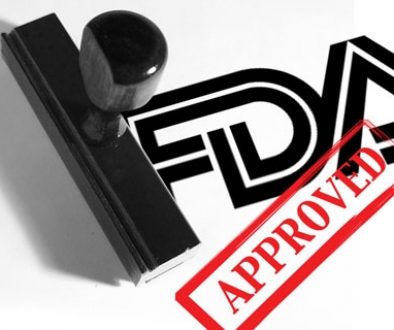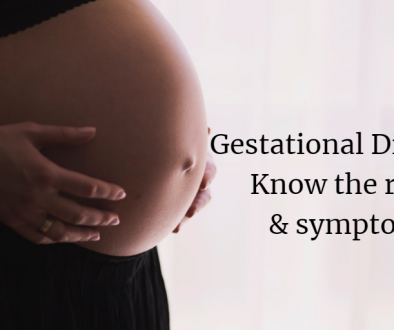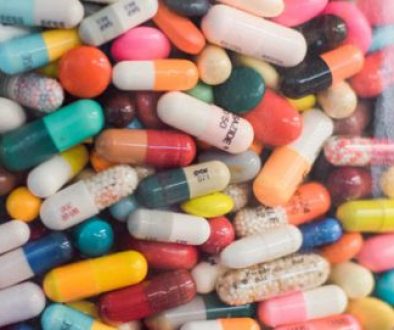E. coli signs, symptoms, and prevention
This past week I’m sure you’ve heard about the E. coli contamination causing the recall of all romaine lettuce from Arizona. What is E. coli, what are the symptoms of infection, how do we get sick from it and how do we prevent getting infections from it?
Escherichia coli (abbreviated as E. coli) are bacteria found in the environment, foods, and intestines of people and animals. E. coli are a large and diverse group of bacteria, and although most strains of E. coli are harmless, others can make you sick. Some kinds of E. coli cause disease by making a toxin called Shiga toxin. The bacteria that make these toxins are called Shiga toxin-producing E. coli, or STEC, and can cause diarrhea, urinary tract infections, respiratory illness and pneumonia, and other illnesses.
Signs and symptoms of E.coli infection
Most people who get sick with an STEC infection may not know what caused the illness since it can take two to eight days to get sick after eating contaminated food.
Common symptoms include:
- Diarrhea (often bloody)
- Severe stomach cramps
- Vomiting
- Low grade fever (less than 101˚F/less than 38.5˚C)
Most people recover within seven days of getting sick. Rebounds are uncommon, but are serious and can be fatal. In the recent cases from the contaminated lettuce, of the 53 infections confirmed so far, 31 were hospitalized, and five developed hemolytic urine syndrome (HUS). HUS develops just when diarrhea starts to improve from a STEC infection, typically about seven days after the original symptoms began.
HUS symptoms, which can be signs of kidney failure, include:
- Decreased urination frequency
- Extreme fatigue
- Loss of color in the cheeks and on the inside of the lower eyelids
If you have the symptoms of HUS or see them in a family member, don’t take chances by waiting another day to see if the symptoms get better. According to CDC guidance, people with HUS should be hospitalized for observation and treatment.
How do you get an E. coli infection?
- coli infections start when you swallow tiny, and usually invisible, amounts of human or animal feces which contains STEC. The happens more often than we think and is the result of:
- consumption of contaminated food (such as the lettuce in most recent cases)
- consumption of unpasteurized (raw) milk
- consumption of water that has not been disinfected
- contact with cattle
- or contact with the feces of infected people.
Some foods are considered to carry such a high risk of infection that health officials recommend that people avoid them completely. These foods include unpasteurized (raw) milk, unpasteurized apple cider, and soft cheeses made from raw milk. Sometimes the contact is pretty obvious (working with cows at a dairy or changing diapers, for example), but sometimes it is not (like eating an undercooked hamburger or a contaminated piece of lettuce). People have gotten infected by swallowing lake water while swimming, touching the environment in petting zoos and other animal exhibits, and by eating food prepared by people who did not wash their hands well after using the toilet. Almost everyone has some risk of infection.
How do you prevent getting an E. coli infection?
- Wash your hands – With soap and water after using the bathroom or changing diapers.
- Wash your hands – With soap and water before preparing or eating food.
- Wash your hands – With soap and water after contact with animals or their environment (at farms, petting zoos, fairs, or your own yard).
- Cook meat thoroughly. Use a meat thermometer to be sure all meat is cooked thoroughly. Ground beef and other meats that have been needle-tenderized should be cooked to a temperature of at least 160°F/70˚C. Beef steaks and roasts should be cooked to an internal temperature of at least 145°F (62.6˚C) and allow to rest for 3 minutes after you remove meat from the grill or stove.
- Avoid raw milk, unpasteurized dairy products, and unpasteurized juices like fresh apple cider.
- Avoid swallowing water when swimming or playing in lakes, ponds, streams, swimming pools, and backyard “kiddie” pools.
- Prevent cross contamination in food preparation areas by thoroughly washing hands, counters, cutting boards, and utensils after they touch raw meat.
What are the treatments for illness caused by E. coli?
There are no current treatments to cure an infection caused by E. coli, relieve symptoms, or prevent complications. For most people treatment simply includes:
- Rest
- Fluids to help prevent dehydration and fatigue
- Avoid taking an anti-diarrheal medication such as Immodium. This slows down your digestive system, preventing your body from getting rid of the toxins. Antibiotics usually are not recommended because they can increase the risk of serious complications.
However, ff you have a serious E. coli infection that has caused hemolytic uremic syndrome, you’ll be hospitalized and given supportive care, including IV fluids, blood transfusions and kidney dialysis.
Sources: CDC and Mayo Clinic




